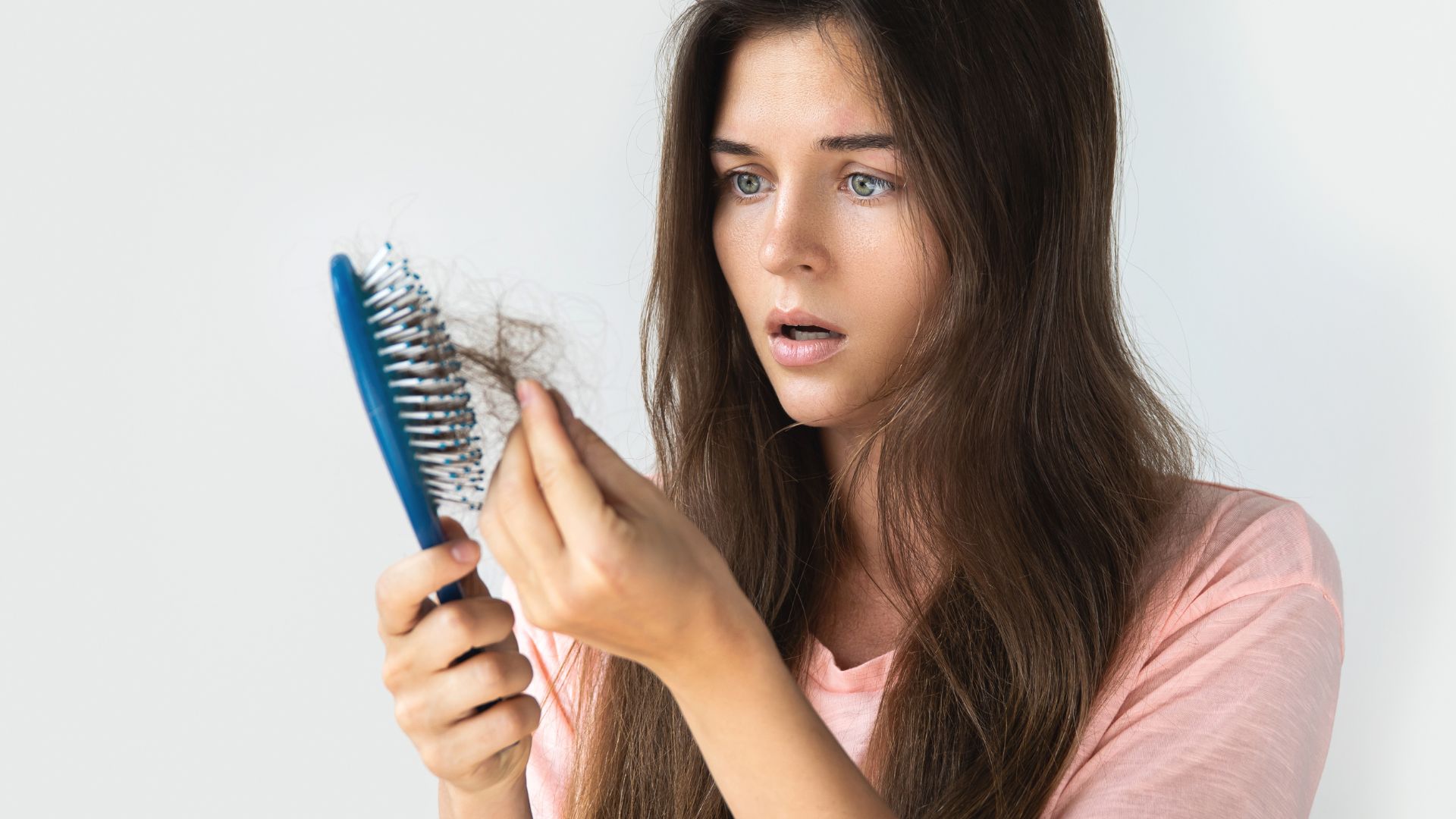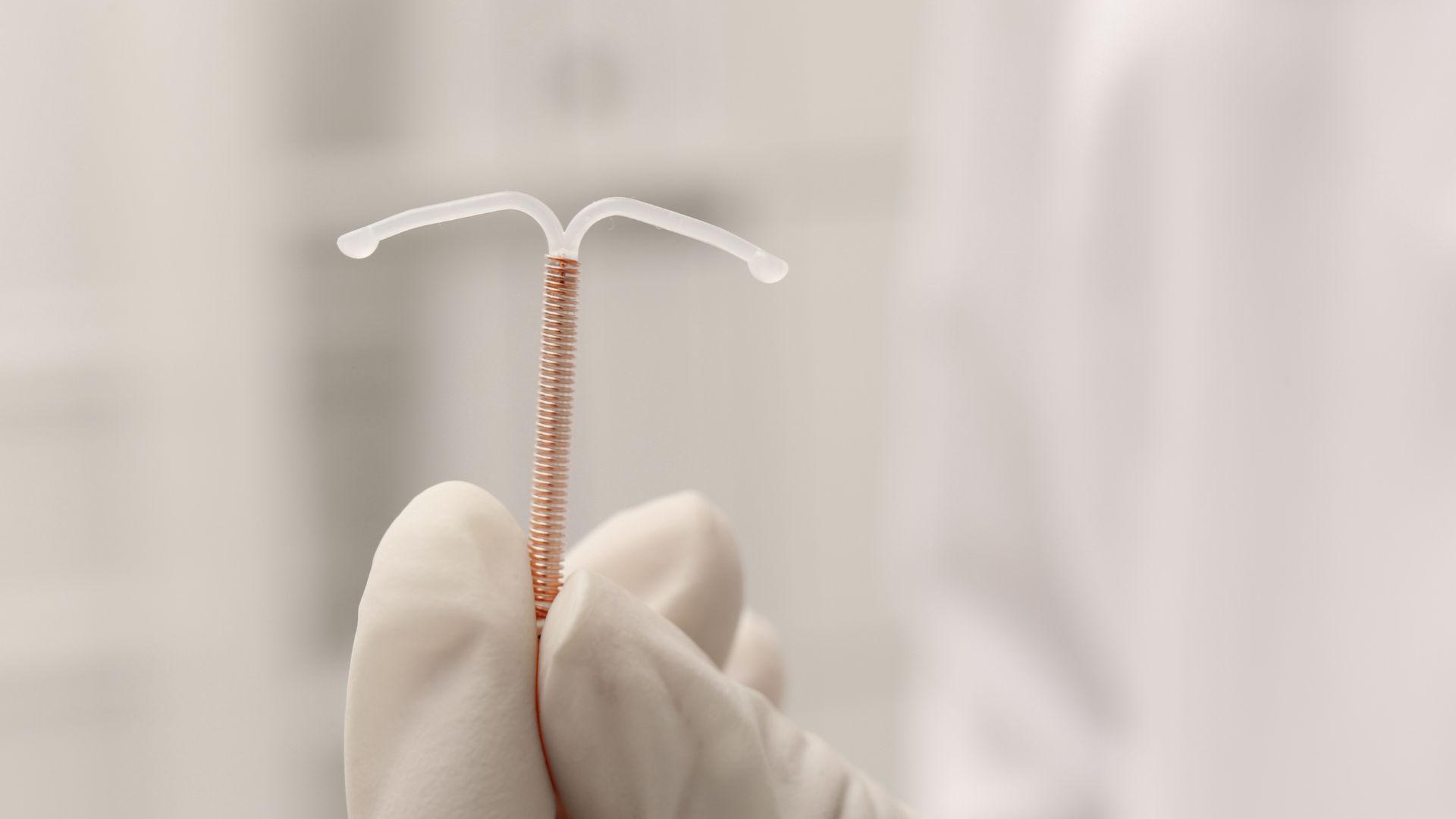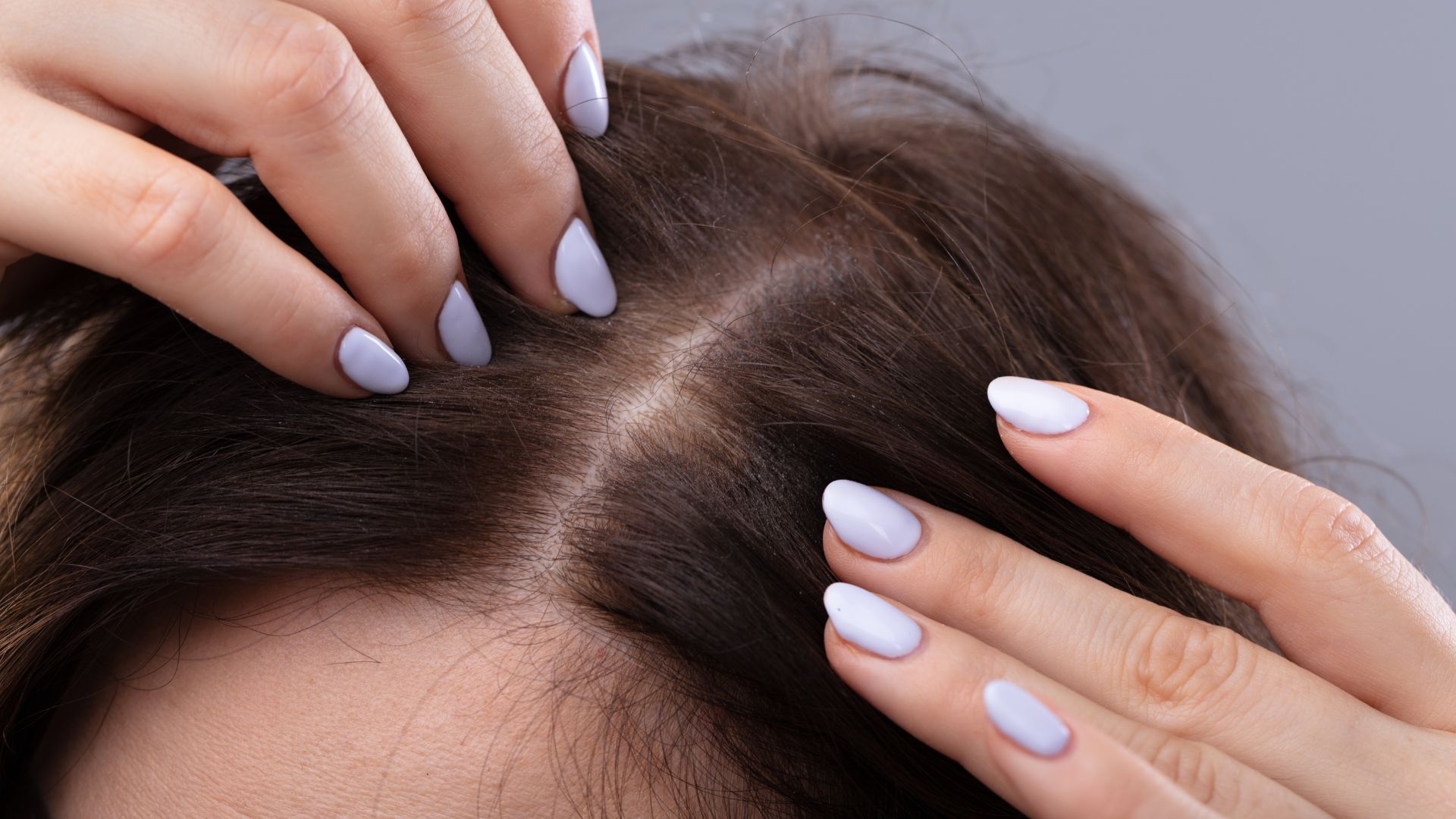
Hair loss affects millions worldwide, with studies indicating that up to 50% of women experience noticeable hair thinning by age 50. While genetic factors are the primary cause, other factors like hormonal changes and certain medications can also contribute to hair loss.
Jaydess, a low-dose intrauterine device (IUD) that releases the hormone levonorgestrel, is primarily used for birth control. However, some users have reported experiencing hair loss while using this contraceptive. Understanding the potential link between Jaydess and hair loss is essential for individuals considering this form of contraception.
This article will explore the relationship between Jaydess and hair loss, examining the evidence and providing insights for concerned users.
Key Takeaways
- Jaydess is a hormonal intrauterine device (IUD) used for contraception, releasing the hormone levonorgestrel.
- Some individuals have reported experiencing hair loss while using Jaydess, although clinical studies have not conclusively proven a direct link.
- The hormonal effects of Jaydess, including the release of levonorgestrel, may contribute to hair loss in some users.
- Managing hair loss while using Jaydess may involve practical tips, seeking medical advice, and considering alternative birth control options.
About: DoctorMedica is your trusted supplier of top-quality dermal fillers, viscosupplements, and more for your medical practice. We offer genuine products from leading brands at the lowest prices in the market. If you’re looking to buy Jaydess wholesale for your practice, the sales representatives at Doctor Medica can give you guidance.
Understanding Jaydess and Its Mechanism

Jaydess contraception is a small, hormonal device that doctors put inside the uterus to prevent pregnancy. It works by releasing a hormone called Levonorgestrel. This hormone makes the body think it’s not time for making babies.
Jaydess releases a hormone called levonorgestrel. This hormone acts in two ways to prevent pregnancy. First, it thickens the cervical mucus, which stops sperm from reaching the egg. Second, it thins the womb lining, so a fertilized egg cannot set up there. A healthcare professional inserts this device into the uterus.
Exploring the Link Between Jaydess and Hair Loss

While it is effective and convenient, some users have reported side effects, including hair loss. Clinical data on this specific side effect is limited. However, a review of user-reported data indicates that out of 97 reviews, 2% of users reported experiencing hair loss. This suggests that while hair loss is not a common side effect, it can occur in a small percentage of users.
Patient experiences with Jaydess vary widely. Some users have shared positive experiences, noting minimal side effects and effective contraception. However, a few have reported hair loss as a concerning side effect.
- One user mentioned that after nearly a year and a half of using Jaydess, they experienced recurring UTIs and hair loss, which resolved after the IUD was removed.
- Another user highlighted that despite the benefits of Jaydess, they noticed a significant amount of hair shedding, which they attributed to the hormonal changes induced by the IUD.
Potential Mechanisms for Hair Loss
The exact mechanism by which Jaydess might cause hair loss is not fully understood. However, it is hypothesized that the hormone levonorgestrel, which Jaydess releases, could disrupt the normal hair growth cycle. Levonorgestrel is a synthetic progestogen that can influence hormone levels in the body, potentially leading to hair prematurely entering the resting phase and falling out.
Additionally, hormonal fluctuations caused by the IUD might affect the hair follicles, leading to increased hair shedding.
Managing Hair Loss While Using Jaydess

Talking to a doctor can help with hair loss caused by Jaydess. They can check whether the hair loss is due to Jaydess or something else. Sometimes, just taking out the IUD stops the hair loss. This has worked for many people.
If you notice hair loss after using Jaydess, talk to a doctor. About 2% of users have this problem. A study showed that one woman’s hair grew back after she stopped using the IUD. People say talking with doctors about side effects helps.
Alternative Birth Control Options
Exploring alternative birth control options is vital for patients facing hair loss from hormonal IUDs. These options range from nonhormonal methods to other hormone-based solutions, focusing on patient comfort and health.
- Nonhormonal birth control methods offer a solution without the side effects related to hormones. This includes copper IUDs, which are known for not affecting hair.
- Barrier methods such as condoms and diaphragms provide immediate contraceptive protection with no hormonal impact.
- Natural family planning involves tracking fertility signs to avoid pregnancy. This requires understanding one’s menstrual cycle but involves no physical devices or hormones.
- The withdrawal method, while less effective, is hormone-free and immediately reversible.
- Sterilization is a permanent solution for those who are sure they do not want children in the future.
For those dealing with hair loss while using Jaydess or any hormonal device, managing stress and maintaining a nutritious diet are vital steps to improve hair health. Complete Blood Count (FBC), Electrolytes, and Vitamin B12 levels should be checked to rule out other causes of hair loss.
Online resources offer tools for comparing contraceptive methods, booking appointments, and reading reviews from other users—a helpful starting point for anyone looking to switch contraceptives due to side effects like hair loss.
Conclusion
Jaydess and hair loss have a link. Some users of Jaydess report losing hair. Experts found alopecia is an uncommon side effect of this birth control type. Studies show a slight chance of hair loss with its use.
If using Jaydess leads to hair issues, talking with a doctor helps. They can suggest other birth control methods or ways to handle the problem.
FAQs
1. What is Jaydess?
Jaydess is a type of intrauterine device used for birth control. It’s small, flexible, and releases hormones to prevent pregnancy.
2. Can using Jaydess cause hair loss?
Some reports link Jaydess to hair loss, but it’s not a common side effect. However, everyone reacts differently to medication, so it’s possible.
3. What should I do if I’m experiencing hair loss while using Jaydess?
If you notice hair loss after starting Jaydess, talk with your doctor right away. They can help determine whether the device is causing this issue or if there is another reason behind it.
4. Are there other side effects associated with Jaydess that I should know about?
Yes, aside from potential hair loss, other side effects may include irregular periods and abdominal pain. Always consult your healthcare provider for comprehensive information.
References
Hair loss: Who gets and causes. American Academy of Dermatology. https://www.aad.org/public/diseases/hair-loss/causes/18-causes
Ho, C. Y., Chen, J. Y., Hsu, W. L., Yu, S., Chen, W. C., Chiu, S. H., Yang, H. R., Lin, S. Y., & Wu, C. Y. (2023). Female Pattern Hair Loss: An Overview with Focus on the Genetics. Genes, 14(7), 1326. https://doi.org/10.3390/genes14071326
Natarelli, N., Gahoonia, N., & Sivamani, R. K. (2023). Integrative and Mechanistic Approach to the Hair Growth Cycle and Hair Loss. Journal of clinical medicine, 12(3), 893. https://doi.org/10.3390/jcm12030893
Related Articles
Joanna Carr
Depo Provera Generic – What is Medroxyprogesterone?
Medroxyprogesterone is the generic form of Depo Provera, a contraceptive injection used to prevent pregnancy.
Joanna Carr
Powerfill Injection – All About the Product
Discover Powerfill injections, their unique benefits, and how they provide lasting volume and contouring for a youthful, radiant appearance.
Joanna Carr
Best Types Of Covid-19 Face Masks
Have an interest in learning about The Best Types Of Covid-19 Face Masks? Browse Doctor Medica's extensive archive of blog postings.


